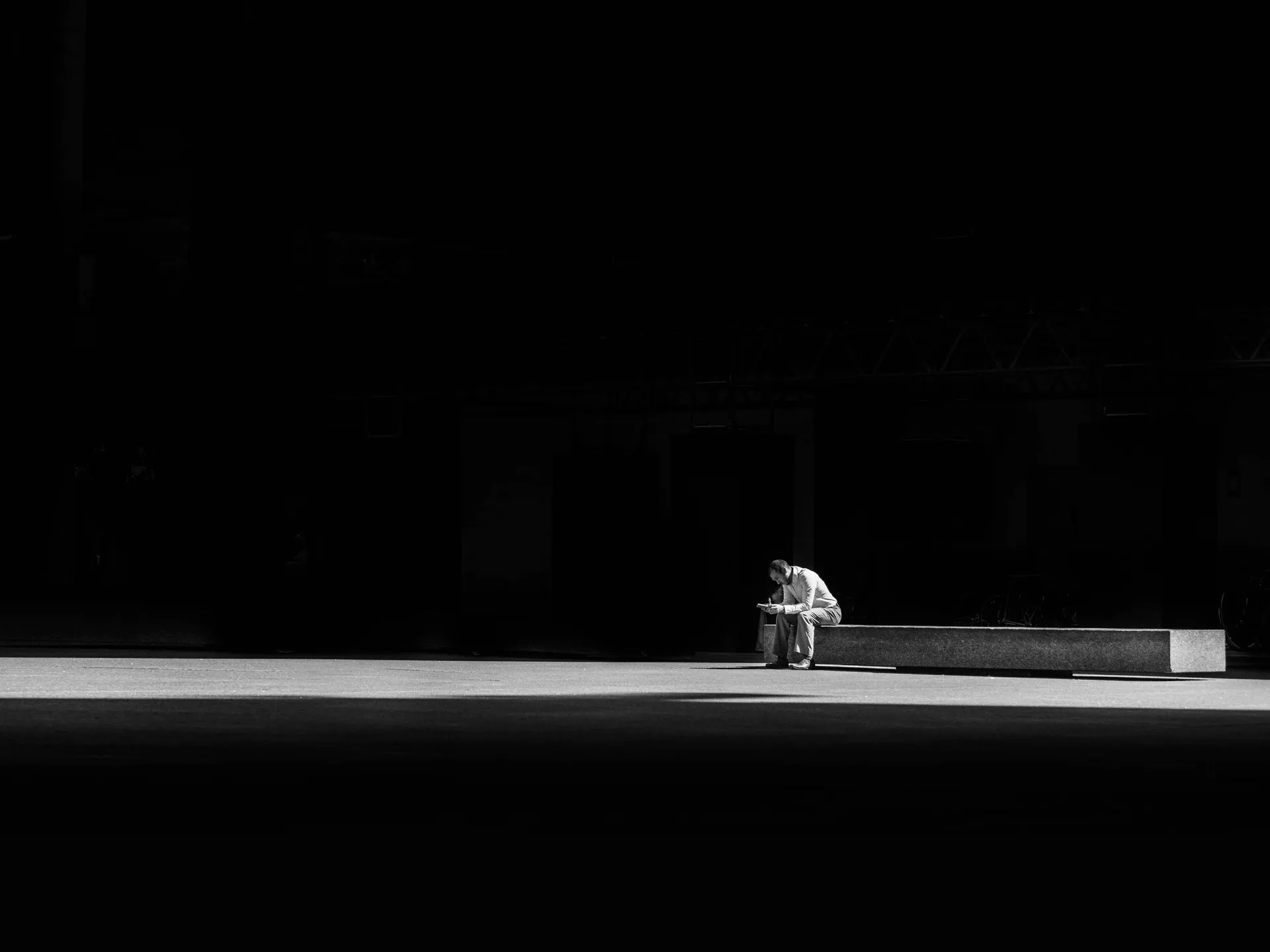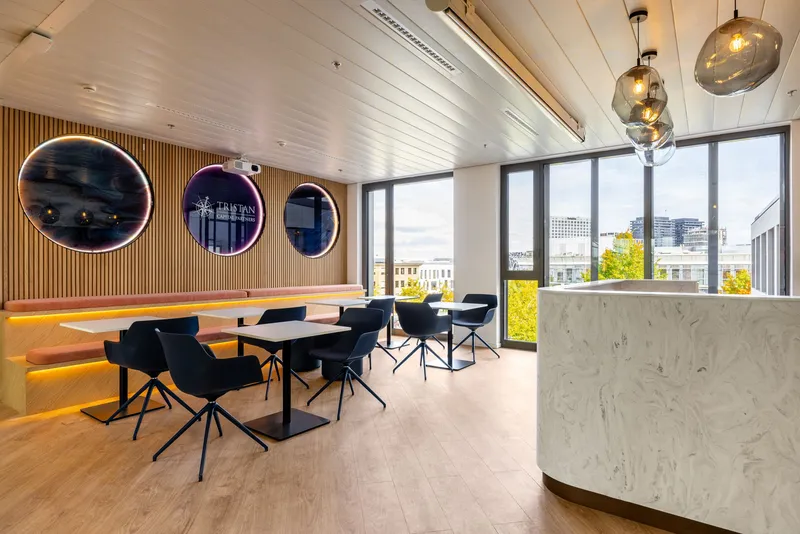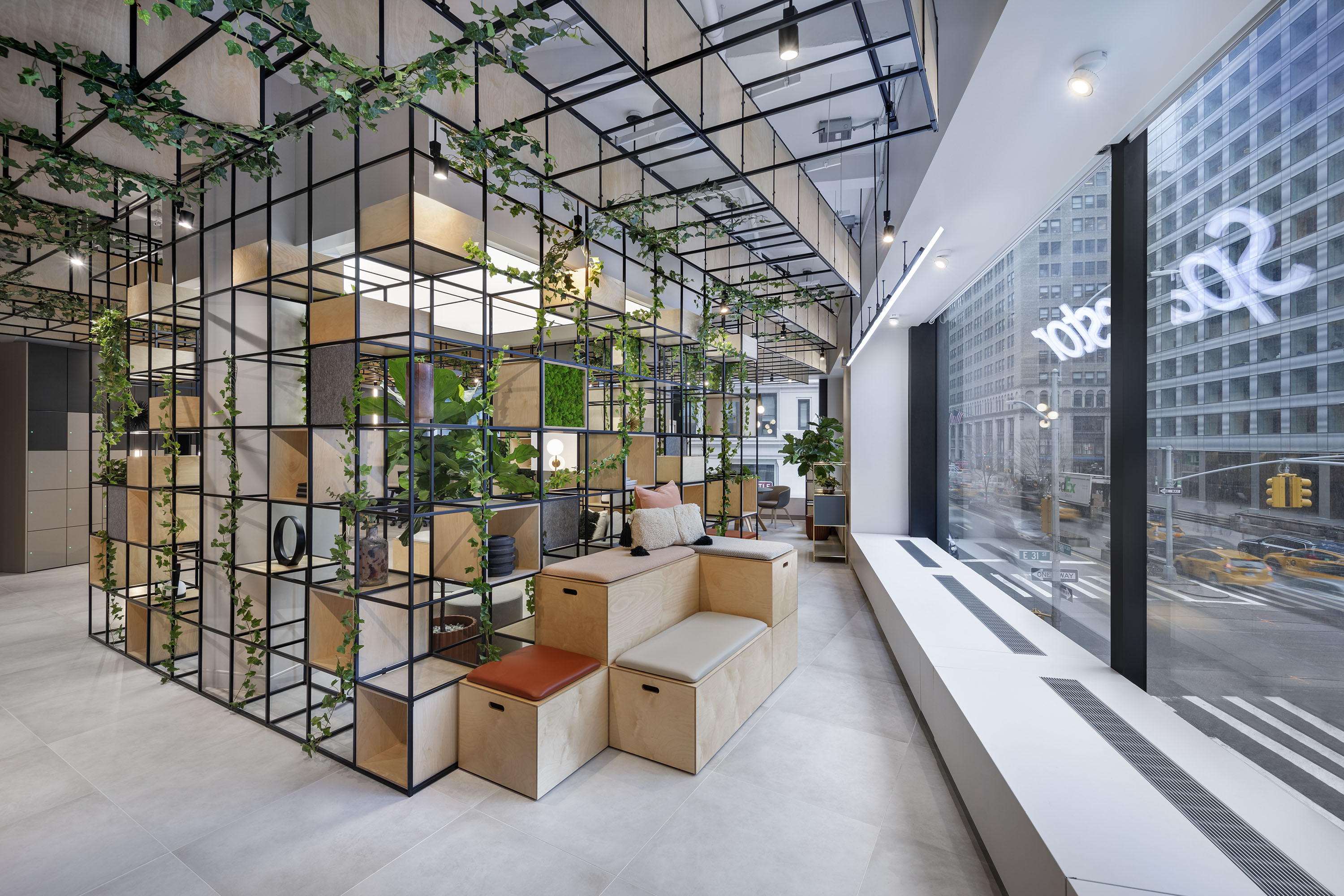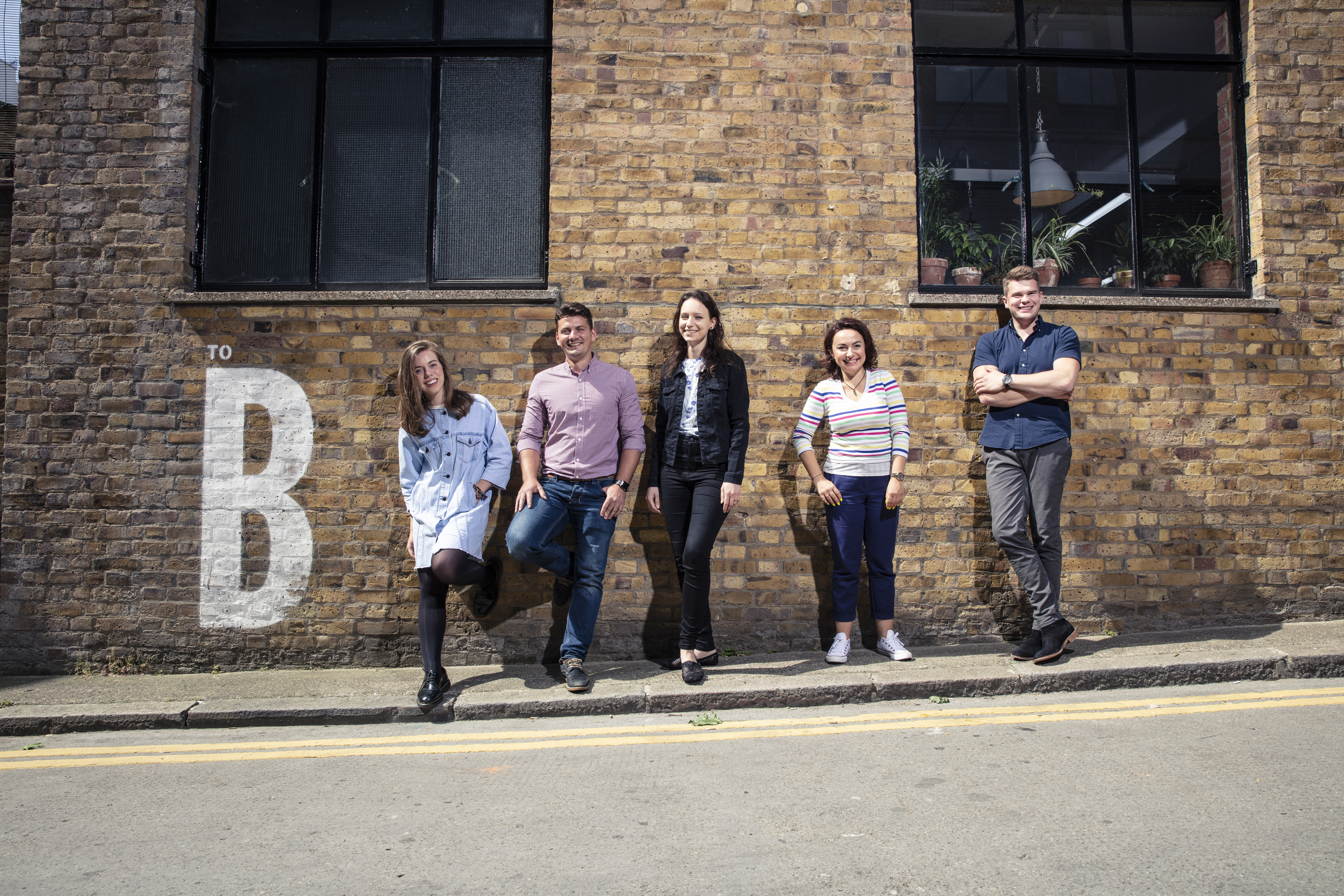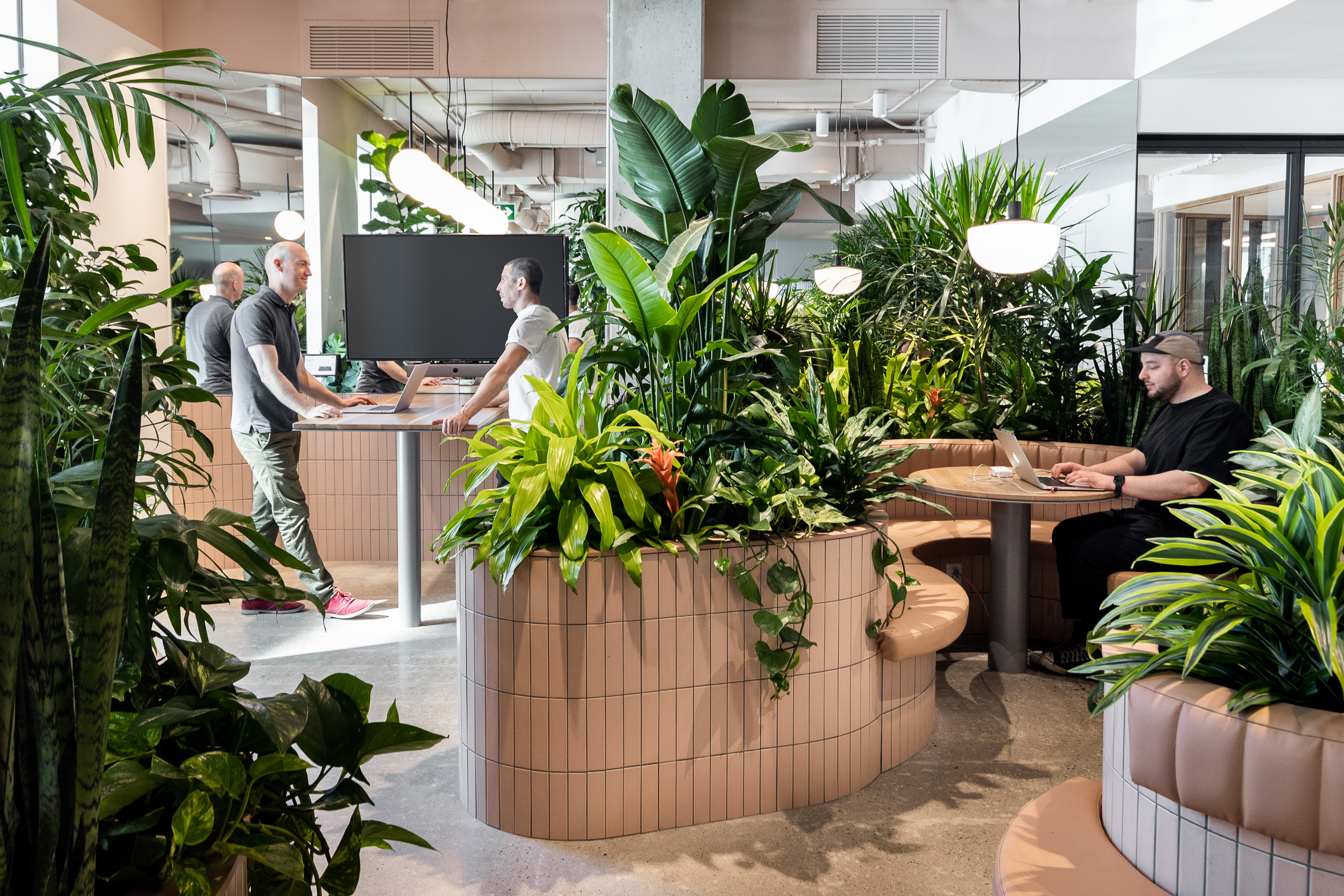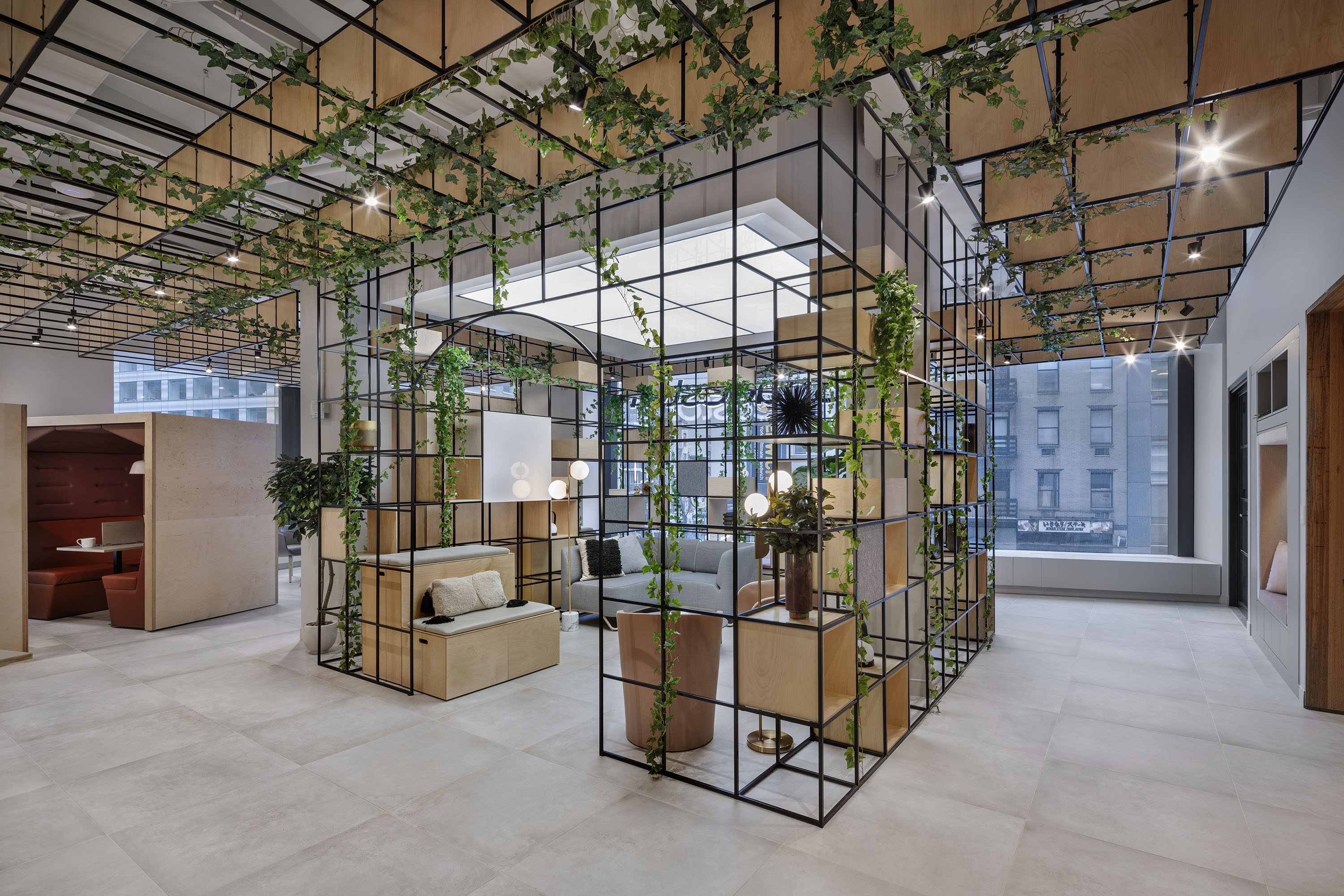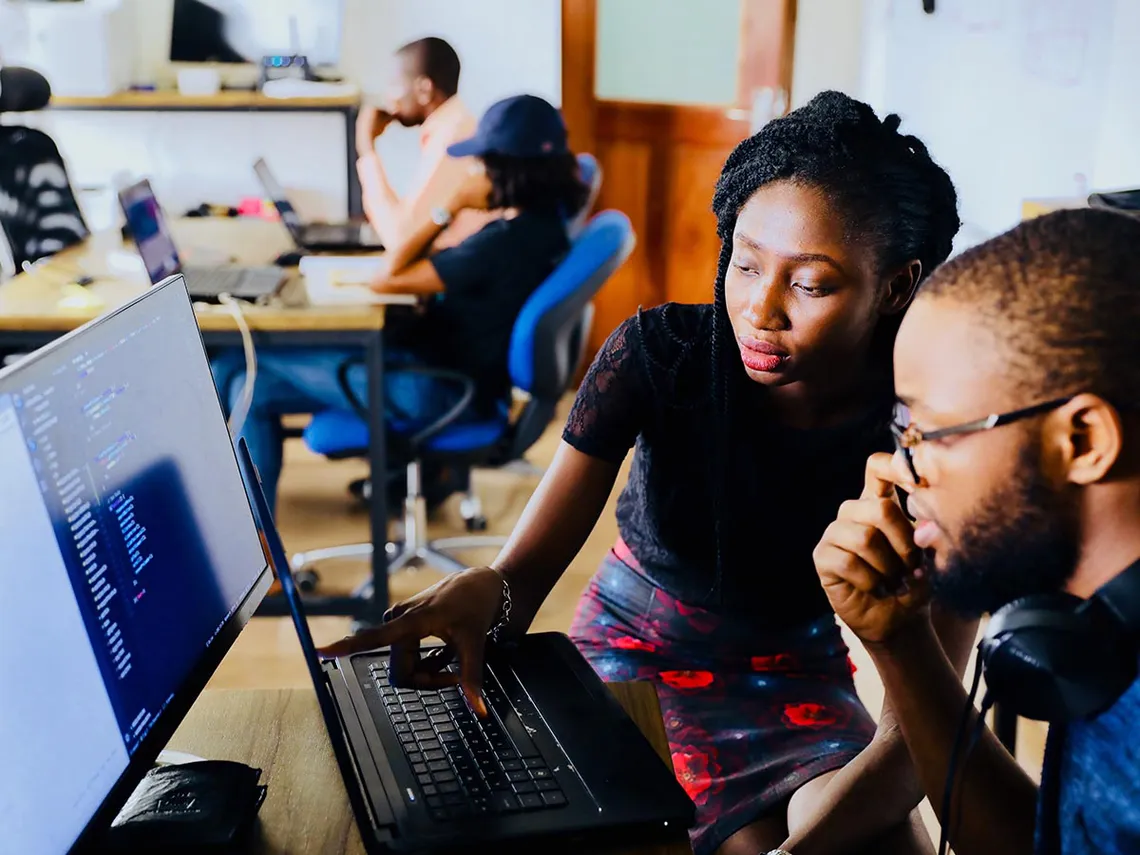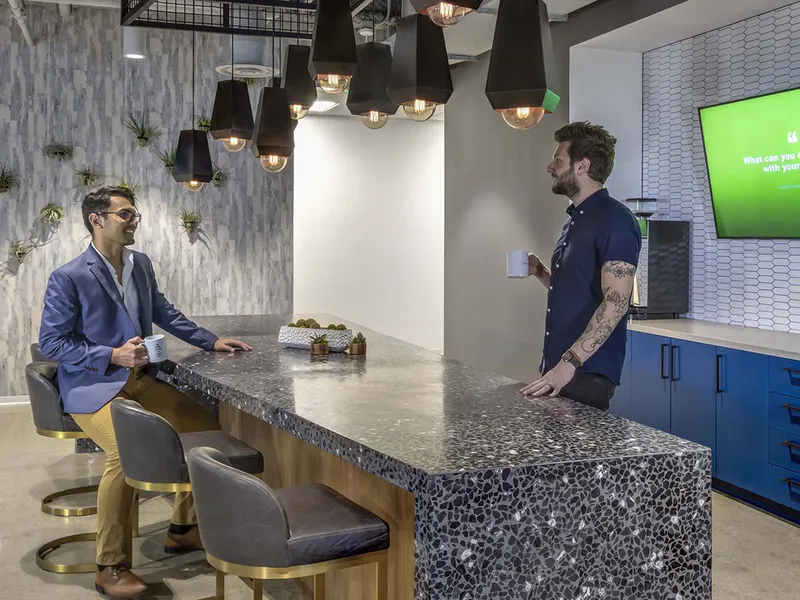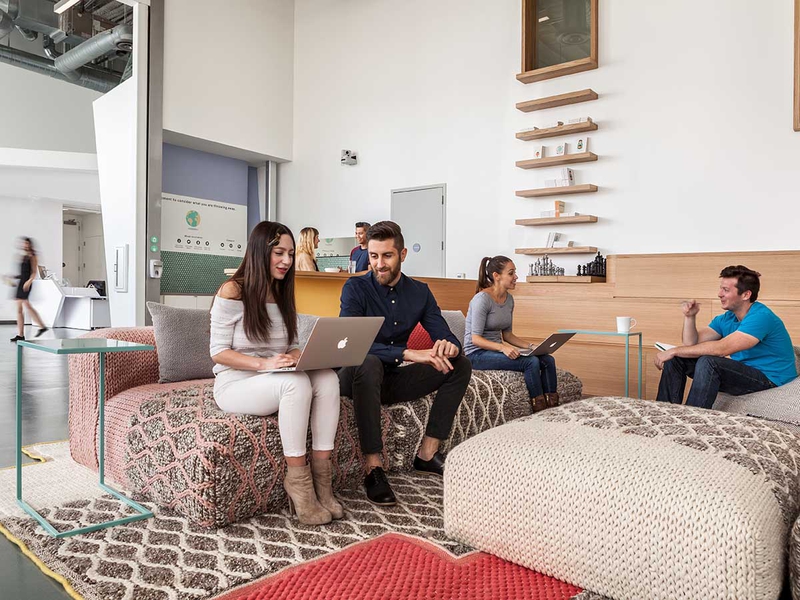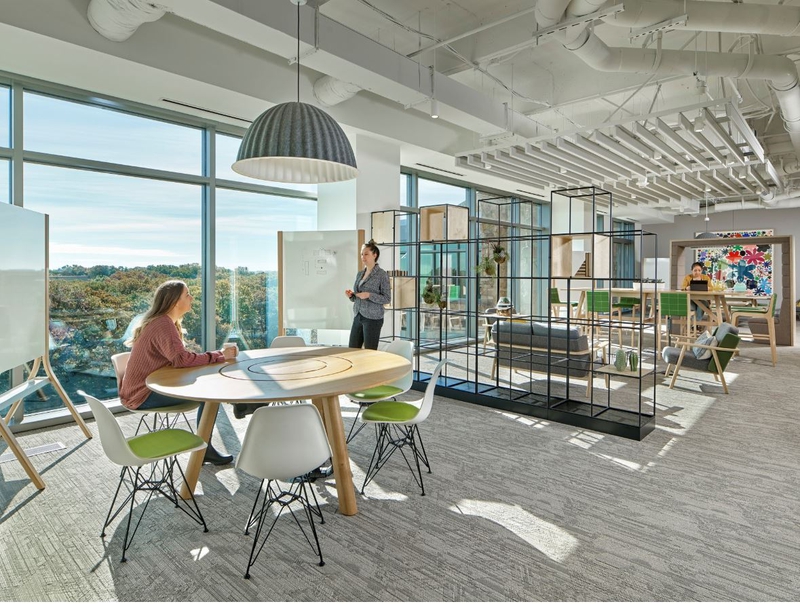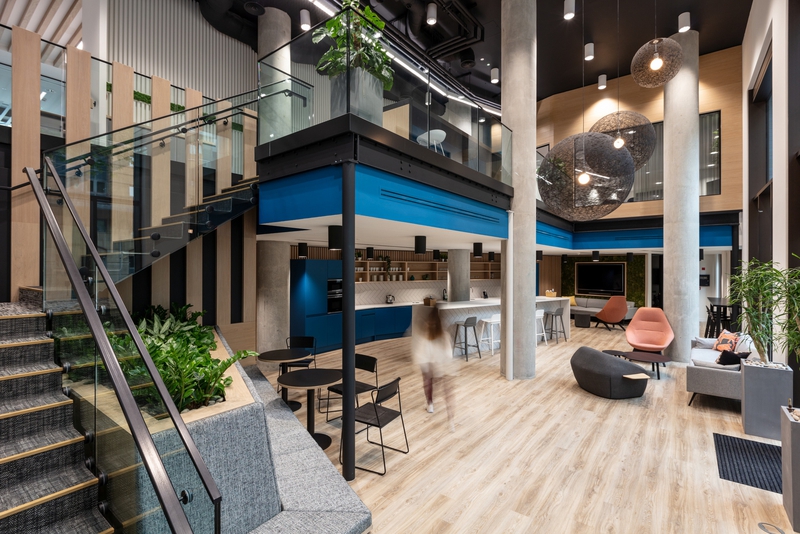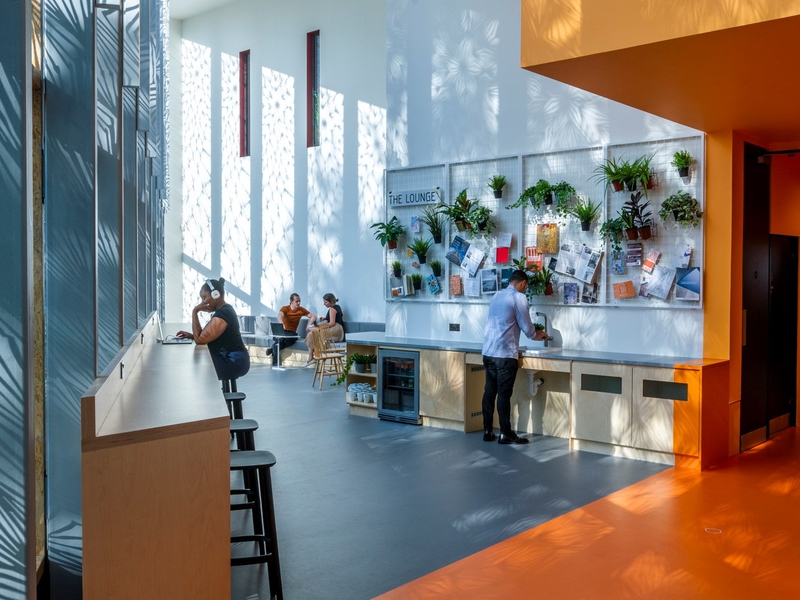11 Jun 2020
Industry Trends
The ongoing work-from-home experience was a force of circumstances; we had no choice. The distinction has been emphasised: “you are not working from home; you are at your home during a crisis trying to work.” It’s important to grasp the psychological implications of this distinction. The immediate physical health benefits of avoiding common workplaces are evident, however it’s critical not to ignore the mental health consequences that come with isolation. The convergence of numerous challenges faced as a result of COVID-19 has produced a context that significantly increases the risk of loneliness and depression. As Dr Aaron Balick, psychotherapist, cultural theorist and author at the Department for Psychosocial and Psychoanalytic Studies at the University of Essex (UK), said “this crisis affects many of the primary issues that contribute to people’s psychological and emotional wellbeing: financial security, physical health, and important relationships. We are dealing with fear and uncertainty – which is a potent combination. When we feel uncertain and afraid, we tend to reach out to others to seek security. With social distancing, this is more difficult to achieve.”

Why We're Missing the Workplace
Working from home has meant the lines between personal and work life become blurred. People no longer have the physical separation of an external working environment, with the commute acting as a clear division of work and home life. The distractions and demands of home and family life ever-present throughout the working day, along with the additional stress and pressures of an economic crisis on every organisation, may lead to unanticipated consequences like burnout and unusually high levels of anxiety and stress.
Gensler’s Work From Home Survey found that 74% of workers say that ‘the people’ are what they miss most about the office. And as Dr Aaron Balick said, “for many of us a job isn’t just a job, it’s a social network.” Studies have shown that our daily interactions reinforce our sense of well-being and belonging in a community. Lockdown has awakened the subconscious appreciation of simply being physically present as a community and the value of social interactions with its members, however small. As human beings, we have a dire need to connect and interact socially, so for the majority of workers, the return to the workplace will be about experiencing an enriching human interaction with colleagues who have been physically absent for an extended period.
In the current climate, technology has emerged as an imperfect solution, with video calling being the only option to experience socialisation. However, the overriding feeling has been that however successful the technology, a digital replication of face-to-face interaction is not an entirely satisfactory substitute. James Coan, neuroscientist at the University of Virginia, explained the science behind this: “virtually all of us prefer a live person rather than a remote person. It’s a biological principle called the economy of action. The brain wants to do something at the lowest cost possible, and being with others lowers the cost of almost everything it does.”

Loneliness & Lockdown
The overwhelming deficiency of human interaction during the coronavirus pandemic is taking its toll on mental health. A survey conducted in the UK with over 2,000 workers discovered that overall, our biggest concern is for our health; 87% of UK workers expressed this as a worry in the current situation. And beyond health-related anxiety, the numbers facing loneliness are rising. A recently published report by Blind, a US-based anonymous professional network with 3.2 million verified users stated that 52.9% of respondents across organisations such as Google, Facebook, Amazon, Apple and LinkedIn were facing loneliness during work-from-home and in the age of social distancing.
The science behind loneliness is that it’s more than just a feeling. It’s a biological warning signal to seek out other humans, which has been likened to the ‘motivational state of hunger’. As Sigal Barsade, professor of management at The Wharton School, University of Pennsylvania., said “the same way we get hungry and need to eat, we get lonely and need social contact. We don’t want to be lonely.” Over the years, connections have been proven to be essential for survival. As everyone faces isolation, the loneliness signal may increase for many, with limited ways of alleviating it. Social distancing and quarantine goes against the sociable nature of human beings, and we need to be mindful as to the detriment it will cause. Sigal Barsade spoke of the effects of loneliness on performance: “the lonelier you are, the worse you will perform. You become less effectively committed to your organization.” He also warned of loneliness leading to a downward spiral: “once you are lonely, you are more socially hyper-vigilant and start to lose your social skills. You behave in ways that promote more loneliness.”

The Health Risks of Loneliness
Loneliness is said to be “twice as harmful to physical and mental health as obesity.” It’s also referred to as the catalyst for an array of deeper mental illnesses, such as clinical depression, as well as heart conditions, self-harm and substance abuse. Rudolph Tanzi, vice chair of neurology and director of the genetics and ageing research unit at Massachusetts General Hospital, explained that “stress related to loneliness can trigger inflammation in the body, which in turn is linked to a host of chronic conditions.” As loneliness is prolonged, studies have shown that the health consequences are equivalent to smoking 15 cigarettes a day. Dr Sue Varma, founding medical director of the World Trade Center mental-health program at New York University, said that the condition can prompt cardiovascular disease and stroke, obesity, or premature death. A study by the Florida State University College of Medicine concluded in 2018 that loneliness is also associated with a 40% increase in the risk of dementia.
When loneliness accelerates to become chronic, this is when it becomes most risky. However, there is no agreed-upon transition point at which acute loneliness becomes a chronic problem with long-term consequences. The difficulty we face is that recovery from loneliness is challenged by social distancing and isolation, so in an effort to fight a frightening pandemic, we have also formed a mental health crisis. Studies show that people without social support have smaller chances of full recovery after serious illness than people who have a strong network. So, as Rudolph Tanzi also said, “in the current context, social interaction is just as important for quelling that stress response as physical behaviours like getting enough sleep, exercising, practicing yoga or meditation, and following a balanced diet.” Mindfulness training and cognitive behavioural therapy are recommended tools for fighting against loneliness.
Another aspect to the consequences of isolation is the danger posed by the human nature of habit. Julianne Holt-Lunstad, neuroscientist and psychologist at Brigham Young University warned of the danger of people remaining isolated after the risk dissipates. “When we get out of a habit, it’s hard to get back in, so, just like we’re worried about an economic recession, we should worry about a social recession - a continued pattern of distancing socially, beyond the immediate pandemic, that will have broader societal effects, particularly for the vulnerable.”

So, as discussed, the health risks presented by loneliness, and beyond that, chronic loneliness, are alarming. In the current crisis, and as we prepare to return to the workplace, everyone has a responsibility to be mindful of the elevated impacts on mental health people are suffering. There should be a greater sensitivity to how differing personal circumstances affect people in different ways. The positive side to the subject is that isolation experienced communally has engendered an empathy towards one another, and some mental health advocates are optimistic that today’s pandemic will finally give loneliness the understanding and awareness it deserves.
Share this article
